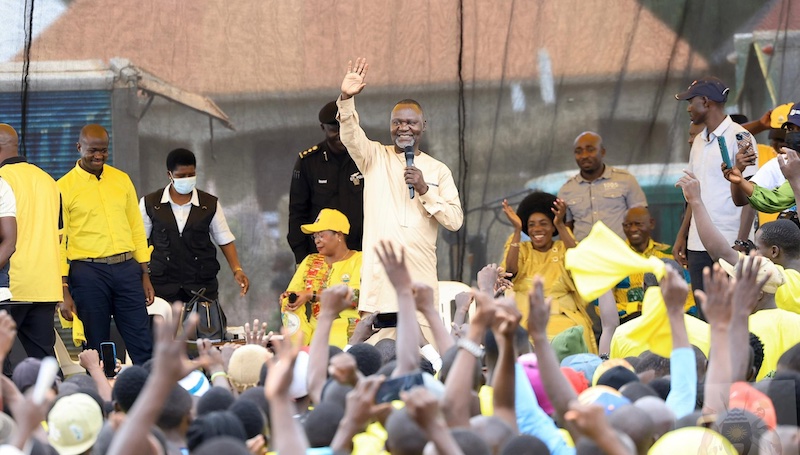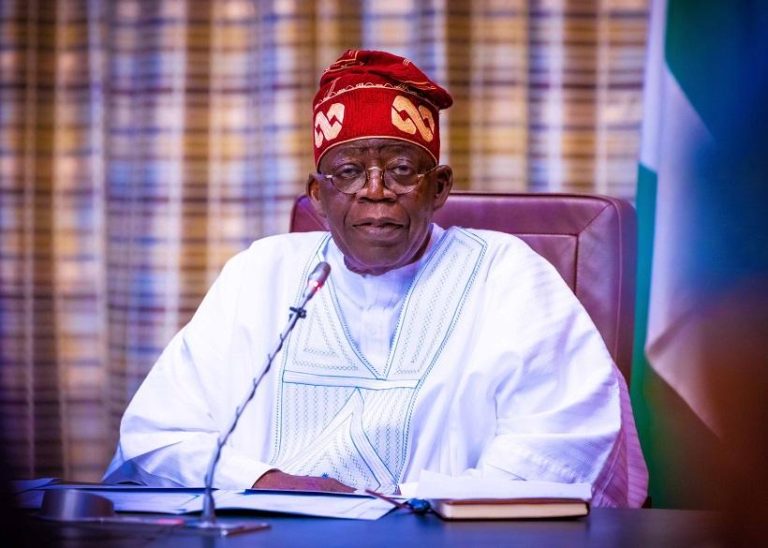
For more than two decades, Bugweri County MP Abdul Katuntu built a reputation as one of parliament’s sharpest critics of the ruling National Resistance Movement (NRM).
He was articulate, deliberate and, at least until recently, unflinching in holding the government to account. But last week, before a cheering crowd in Iganga district, Katuntu did what many had long suspected he would eventually do: he publicly campaigned for President Yoweri Museveni.
The moment came during a rally where Speaker of Parliament Anita Among, herself a close ally of Museveni, called Katuntu to the microphone.
“Honourable Katuntu, I want you to request votes for President Yoweri Kaguta Museveni,” she said, smiling as she handed him the mic. Katuntu, ever the lawyer, did not hesitate.
“There is one of the people campaigning for the presidency who said there are people he doesn’t like,” he told the crowd, alluding to opposition leader Robert Kyagulanyi, also known as Bobi Wine.
“Now, if somebody says he doesn’t like you, what do you do? When someone refuses you, you also refuse him.”
It was the clearest signal yet that the longtime independent had crossed a line, one he had carefully tiptoed around for years. Katuntu’s political evolution has been gradual, though not subtle. In September last year, The Observer reported that the veteran legislator had joined the NRM, a claim he dismissed, at least publicly.
He argued that the law bars members of parliament from officially switching parties before the last six months of their term, lest they lose their seats. Still, his own words hinted at a relationship far warmer than he admitted.
“I can confirm that since the beginning of this parliament, the government talks to me about some of their positions,” he said at the time.
“Because I’m an independent, they ask me to speak or vote for their position, which I do.” He went further, conceding that many of his roles in parliament were, in fact, courtesy of the ruling party.
“The position I hold today as chairperson of the committee I was designated by the NRM. Even my appointment to the Pan African Parliament, I was vetted by the NRM organs,” Katuntu said.
“Others have chosen to talk at the NRM. I have chosen to talk to them.” His political flirtation with the NRM has not gone unnoticed in the corridors of power.
At a closed-door meeting of the NRM parliamentary caucus last year, President Museveni reportedly told his MPs that Katuntu and Bardege-Layibi legislator Ojara Mapenduzi had “seen the light” and joined the ruling party.
“The once poisonous mushroom has now seen the light of the NRM,” Museveni quipped, a pointed reversal of the 2005 remark when he urged Bugweri voters to “stay away from that poisonous mushroom.”
Even Lydia Wanyoto, chairperson of the NRM Women’s League, made the welcome official on Capital Radio’s Capital Gang talk show.
“I would like to join the NRM fraternity in welcoming Katuntu and Hon. Ojara Mapenduzi to the NRM caucus,” she said.
“Every effort and every value addition to our party is welcome.” For years, Katuntu has walked a tightrope between independence and collaboration, arguing that engaging with the government was simply pragmatic politics.
He once compared himself to “a beautiful girl in the village—everybody wants to have you, but you eventually make a choice.”
That choice now appears made. Katuntu’s willingness to share a stage with Museveni’s inner circle, and to campaign for the president himself, marks the end of what little ambiguity remained.
The veteran MP, who first entered parliament in 2001, now finds himself in a political transition of his own making. What remains unclear is under what banner he will contest the next election. Katuntu did not participate in the recent NRM primaries, and as of now, he remains technically independent.
But his statements, and his stage appearances, suggest that independence may now be a formality.
WHAT HIS SHIFT REVEALS
Katuntu’s move is about more than one man’s political future; it reflects a larger trend in Ugandan politics, where the gravitational pull of the NRM continues to absorb even its sharpest former critics.
For Museveni, bringing a figure like Katuntu into the fold is both a symbolic and strategic reminder that, after nearly 40 years in power, his political machinery remains unmatched in its reach.
For the opposition, especially the National Unity Platform led by Kyagulanyi, it’s another reminder of the fragility of alliances in Uganda’s political landscape. In the end, Katuntu’s decision to “talk to” rather than “talk at” the government may have been a slow transformation, but it’s now complete.
The man once labeled a “poisonous mushroom” has been rebranded, quite literally, under the NRM’s bright yellow. Whether his constituents will follow him down that path—or see his shift as betrayal—remains to be seen.
muhammadmuwonge1988@gmail.com



